RIO DE JANEIRO, Brazil, July 7, (V7N )– Brazil is hosting a two-day summit of the expanded BRICS bloc of developing economies, where sensitive issues such as Israel’s attack on Iran, the humanitarian crisis in Gaza, and U.S. President Donald Trump’s trade tariffs are being addressed with caution.
Analysts suggest that the lack of cohesion within the BRICS, which saw its membership double last year, may hinder its emergence as a formidable alternative in global affairs. They also believe the summit’s measured agenda is a deliberate effort to avoid drawing unwanted attention from the Trump administration.
Brazilian President Luiz Inácio Lula da Silva has prioritized discussions on artificial intelligence and climate change for the summit, despite the notable absence of several key leaders.
In his opening remarks on Sunday, Lula issued a stark warning: “We are witnessing the unparalleled collapse of multilateralism,” adding that the meeting is taking place “in the most adverse global scenario” of all four times Brazil has hosted the summit. He urged BRICS nations to promote peace and mediate conflicts.
“If international governance does not reflect the new multipolar reality of the 21st century, it is up to the BRICS to contribute to its renovation,” Lula declared.
A significant absence at the summit is China’s President Xi Jinping, marking the first BRICS summit he has missed since assuming power in 2012. Russian President Vladimir Putin is also not physically present but is participating via videoconference, opting to avoid travel due to an international arrest warrant related to the invasion of Ukraine. Iran’s President Masoud Pezeshkian and Egypt’s Abdel-Fattah el-Sissi are also missing from the gathering in Rio de Janeiro.
This year’s restrained approach stands in stark contrast to last year’s summit in Kazan, Russia, where the Kremlin pushed for the development of alternatives to U.S.-dominated financial systems to circumvent Western sanctions following the Ukraine invasion.
A source close to the summit negotiations, speaking anonymously due to not being authorized to discuss the talks publicly, indicated that some members are advocating for stronger language concerning Gaza and Israel’s attack on Iran.
“Brazil wants to keep the summit as technical as possible,” commented Oliver Stuenkel, a professor at the Getulio Vargas Foundation think tank.
Observers anticipate only a vague final declaration regarding Russia’s war in Ukraine and other Middle East conflicts. Stuenkel noted that the absence of Putin and Xi, both proponents of a stronger anti-Western stance, makes it easier for Brazil and India to guide the summit toward a non-aligned position.
A Brazilian government official, who spoke anonymously, told The Associated Press that the summit is expected to yield three joint statements and a final declaration, all of which will be “less bounded by current geopolitical tensions.”
João Alfredo Nyegray, a geopolitics professor at the Pontifical Catholic University of Parana, observed that while the BRICS summit could have offered an alternative to global instability, it is unlikely to do so.
“The withdrawal of Egypt’s President Abdel Fattah al-Sisi and the uncertainty about representation from Iran, Saudi Arabia, and the UAE confirm the difficulty for the BRICS to establish themselves as a cohesive global leadership pole,” Nyegray stated. “This moment demands high-level articulation, but we are actually seeing dispersion.”
Brazil, currently chairing the bloc, has outlined six strategic priorities: global healthcare cooperation; trade, investment, and finance; climate change; governance for artificial intelligence; peace and security; and institutional development.
The country has opted to focus on less controversial areas, such as strengthening trade and health cooperation, particularly in light of Trump’s return to the White House, explained Ana Garcia, a professor at the Federal Rural University of Rio de Janeiro.
“Brazil wants the least amount of damage possible and to avoid drawing the attention of the Trump administration to prevent any type of risk to the Brazilian economy,” Garcia elaborated.
While Lula on Sunday called for reforming Western-led global institutions, a central policy for the bloc, Brazil is keen to avoid becoming a target for Trump’s tariffs—a situation it has largely managed to evade so far. Trump has warned he would impose 100% tariffs against the bloc if it takes steps to undermine the U.S. dollar.
‘Best opportunity for emerging countries’
Initially founded by Brazil, Russia, India, China, and South Africa, the BRICS group expanded last year to include Egypt, Ethiopia, Indonesia, Iran, and the United Arab Emirates. The bloc also established a new category for 10 “strategic partner” countries, including Belarus, Cuba, and Vietnam.
With this rapid expansion, Brazil has placed institutional development on the summit agenda to better integrate new members and enhance cohesion.
Despite the absence of key leaders, the summit remains crucial for emerging economies, especially amidst the instability fueled by Trump’s tariff policies, noted Bruce Scheidl, a researcher at the University of São Paulo’s BRICS study group.
“The summit offers the best opportunity for emerging countries to respond, in the sense of seeking alternatives and diversifying their economic partnerships,” Scheidl concluded.
For Lula, the summit provides a temporary reprieve from domestic political challenges, including declining approval ratings and clashes with Congress. It also presents an opportunity for Brazil to advance climate negotiations ahead of COP30, the United Nations climate conference scheduled for November in Belém, in the heart of the Amazon.
END/WD/RH/



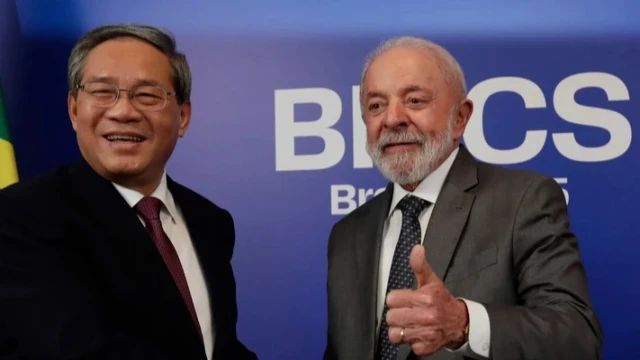
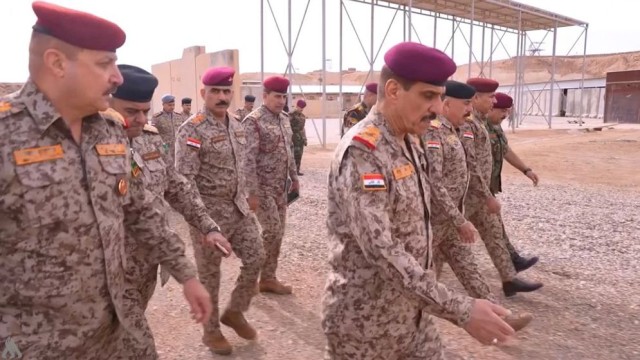
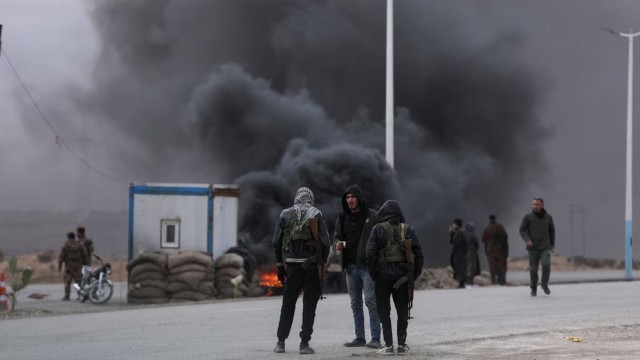
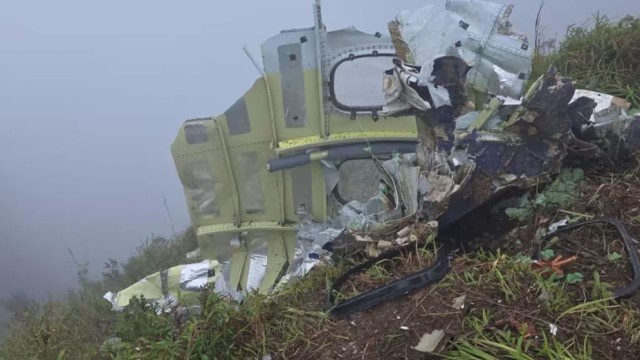
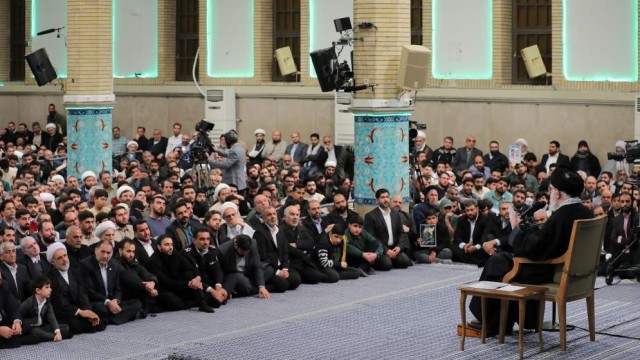
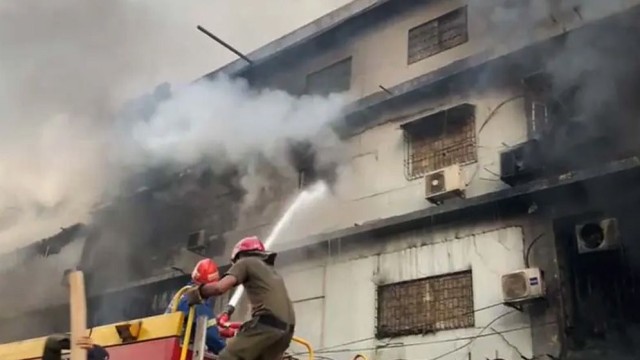
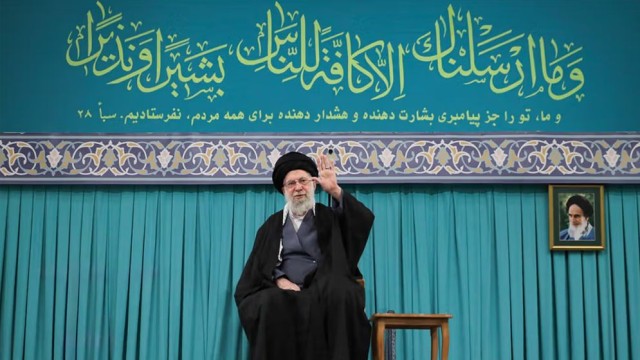
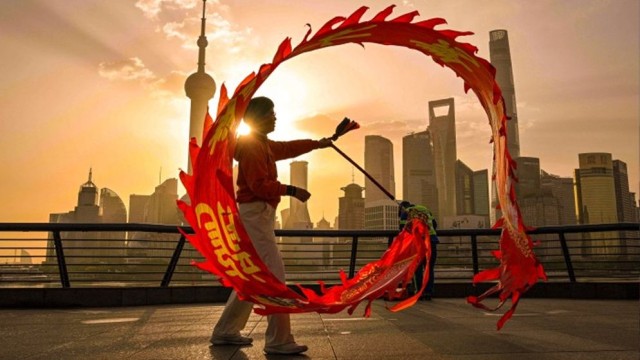
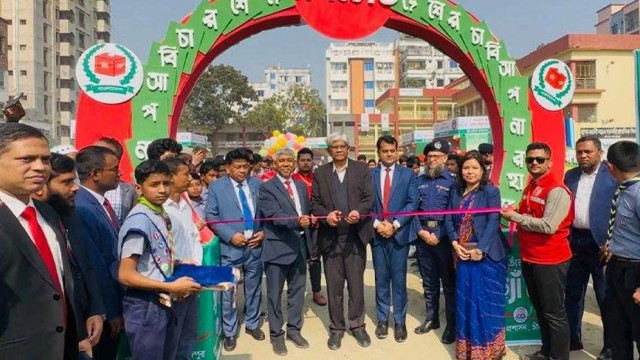
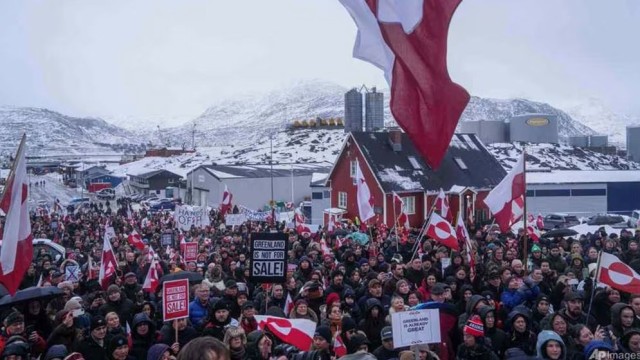
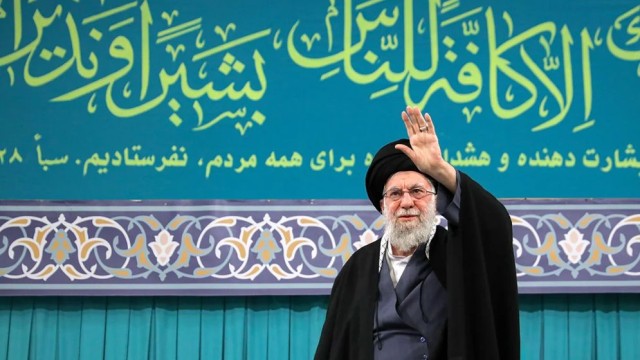
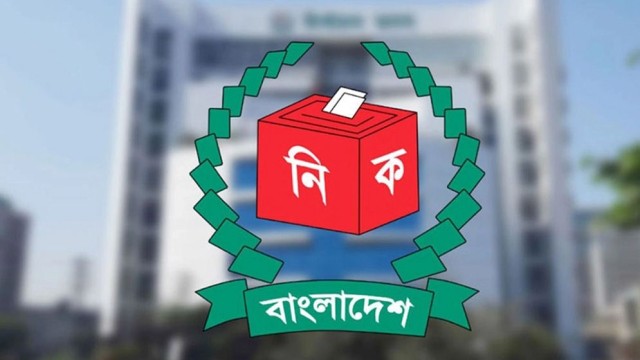
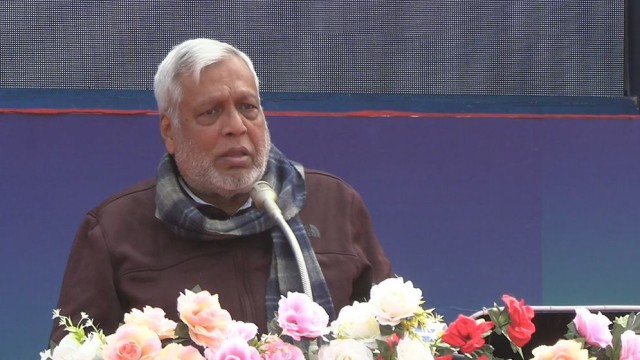
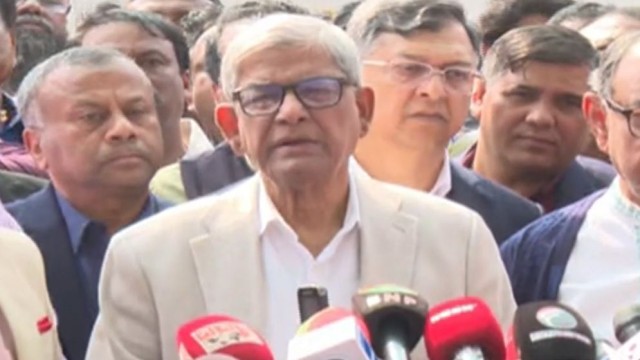
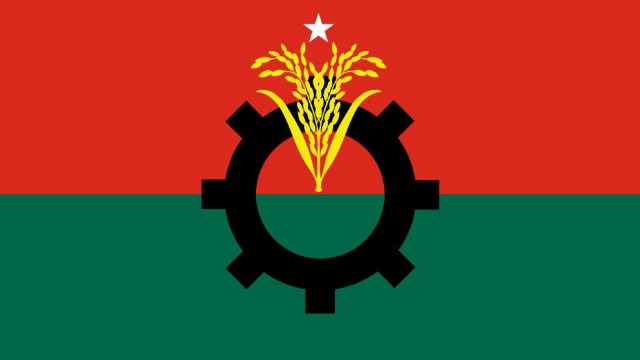
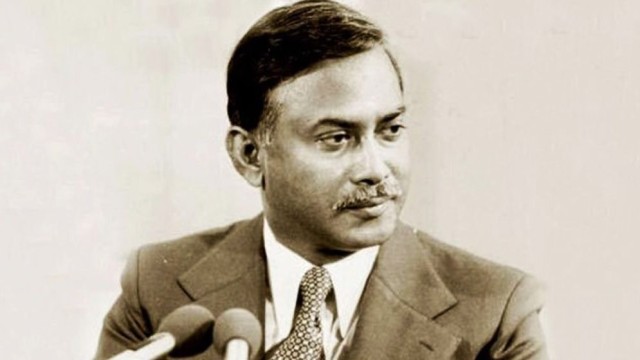
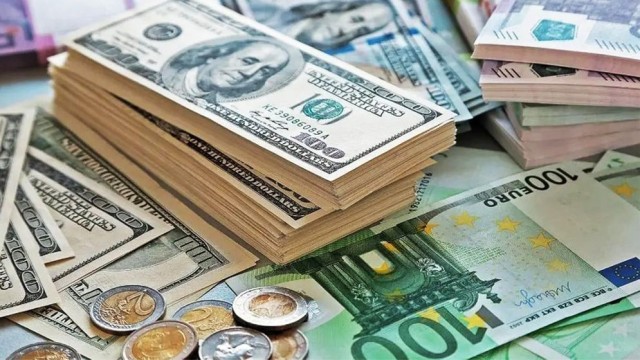


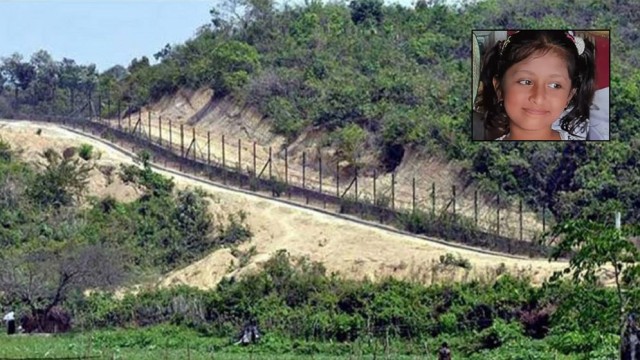
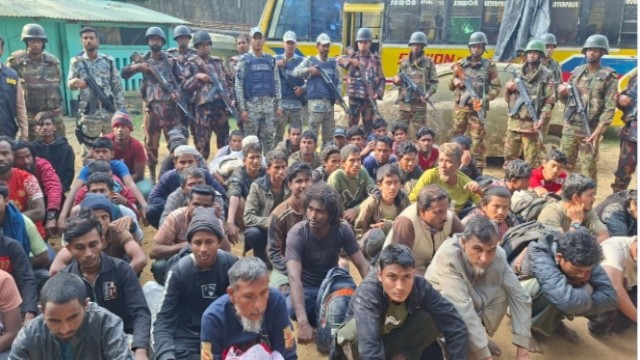
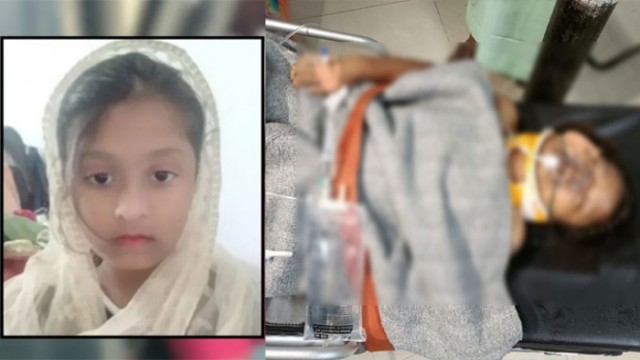
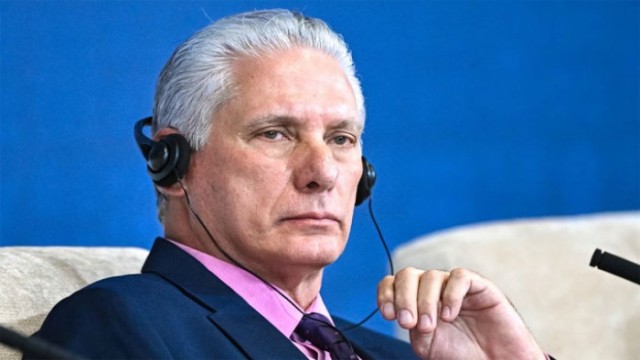
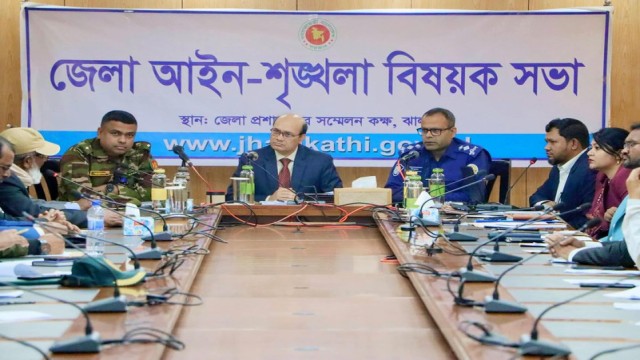

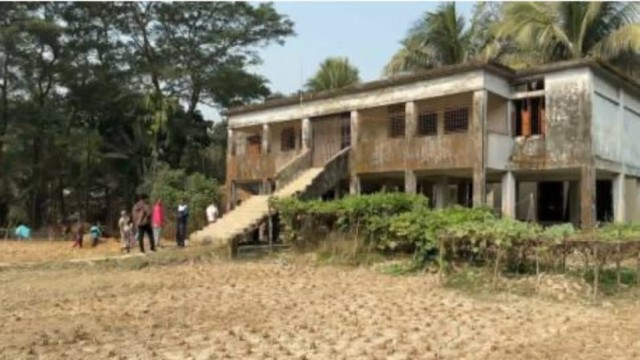
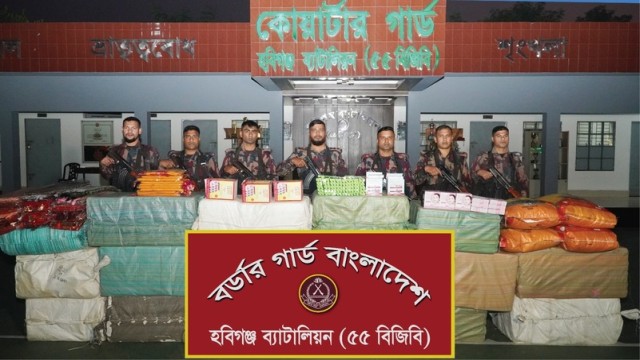
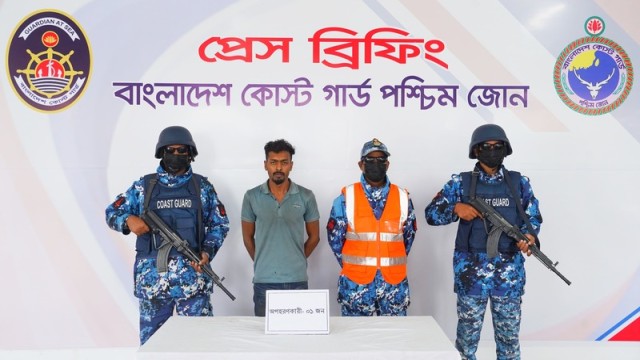
Comment: